5 Tips for Maximizing Your HSA
A health savings account (HSA) is a great tool for helping manage your out-of-pocket health care expenses. Whether you’re choosing an HSA for the first time for 2017, or you’ve been using one for years, follow these five strategies below to make sure you are getting the most out of your HSA.
1. Contribute as much as you can.
HSAs are designed to offer triple tax benefits. You put your money in tax-free, it gains interest tax-free and you can withdraw it tax-free for qualified medical expenses. In addition, many employers will contribute to an employee’s HSA. To boost your savings for future medical expenses, contribute as much as you can up to the HSA combined employer and employee contribution limit. The 2016 limit is $3,350 for individuals and $6,750 for families. In 2017, the individual limit will increase to $3,400 while the family limit will remain the same.
2. Use over-the-counter (OTC) drugs if at all feasible.
Some medications that were once only available by prescription can now be found on store shelves. You must have a doctor’s prescription in order to use your HSA for OTC drugs (except for insulin). If you regularly take a certain OTC drug, ask your doctor for a prescription so you can purchase the medication using your tax-free HSA funds. Purchase generic drugs over brand names to increase savings.
3. Only visit the emergency room in an emergency situation, and understand your network.
Remember that your doctor’s office and the urgent care center are more appropriate places to treat conditions that are not life-threatening—and they are a lot more cost-effective. When seeking care, find out which physicians are in your plan’s network, since out-of-network care will typically result in higher out-of-pocket costs.
However, if your condition is life-threatening (for example, if you’re experiencing chest pain, uncontrollable bleeding or severe abdominal pain following an injury) do not hesitate to go to the emergency room, as this is best place to receive the life-saving care you need.
4. Beware of possible medical billing errors.
Medical billing errors can cost patients thousands of dollars. Before paying a bill, review your statement for accuracy. If you are wondering about a claim, ask for an itemized statement so that you can see a breakdown of the services you are being charged for and can verify that you received them. Taking the time to review your charges can help save you money.
5. Stay healthy!
Regular exercise, a healthy diet and abstaining from tobacco can help you avoid health issues in the first place. Be sure to use preventive services (such as annual physicals) that are covered without any cost-sharing by your high deductible health plan. All of these choices can help you stay healthy and preserve money in your HSA for years to come.
